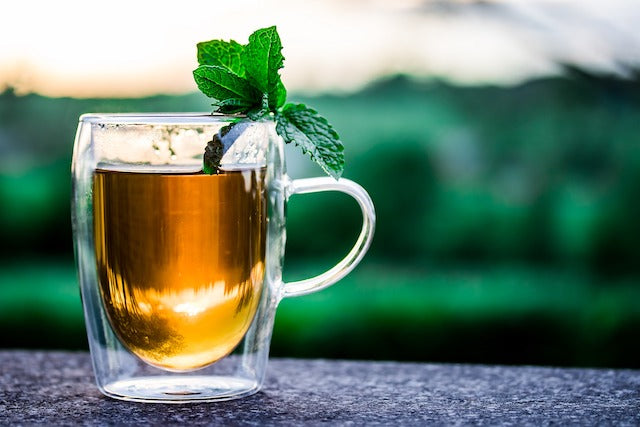As you sip your cup of green tea or scarf down a handful of berries, you're boosting your health with antioxidants. Did you ever wonder if bearded dragons can benefit from antioxidants, too? They can! Let’s take a look at what antioxidants are, how your dragon can benefit from them, how to get more antioxidants in your dragon’s diet, and whether supplementation is a smart move.
Antioxidants for Your Dragon’s Health
Antioxidants are molecules that play defense in the body by fighting off free radicals. Free radicals cause oxidative stress, and oxidative stress causes cell damage. Cell damage can cause cancer and other health concerns.
Because antioxidants contribute to healthy cells by fighting off free radicals, they are credited with several health benefits for people and dragons alike:
- They can help lower the risk of cancer.
- They can boost immune health.
- They promote a healthy heart, liver, and skin.
- They help maintain a healthy blood pressure.
Obviously these are great benefits for your bearded dragon!
How to Get More Antioxidants in Your Dragon’s Diet
Antioxidants are found in fruits, vegetables, and some man made foods like dark chocolate, coffee, tea, and wine.
But since you can’t exactly pour your pet a cup of coffee and call it a day, how can you ensure your dragon receives the antioxidants he needs?
There are several kinds of antioxidants that are found in foods your dragon may already enjoy:
- Lycopene, a carotenoid found in pink or red pigmented foods, like tomatoes, watermelon, guava, and grapefruit.
- Vitamin E, which is found in foods like pumpkin, collard greens, red bell peppers, and spinach.
- Vitamin C, which is found in citrus fruits, broccoli, potatoes, and peppers.
- Flavonoids, a plant compound found in foods like onions, kale, grapes, peaches, and berries.
Offering your dragon a variety of antioxidant-rich fruits and vegetables is a key step in boosting your dragon’s immune system and overall health.

Should I Give My Dragon Antioxidant Supplements?
If you’ve looked at our bearded dragon diet guide, you may have noticed that many antioxidant-rich fruits and veggies aren’t daily staples for bearded dragons. That’s why many multivitamins for bearded dragons contain antioxidants.
Supplementation is an effective way to get more antioxidants in your dragon's system, as long as it is done in conjunction with a balanced diet.
If you decide you want to increase your dragon's antioxidants through a supplement:
- Check with your veterinarian first.
- Read ingredients! It’s usually a bad idea to get any supplement with ingredients you can’t pronounce. And watch out for fillers like sugar.
When it comes to supplements, naturally sourced is the way to go. Our reptile greens and calcium powder includes pure calcium carbonate, dried collard greens, vitamin D, and lycopene, an antioxidant. This is a great option if you’re looking for a high quality calcium supplement with an extra nutritional boost.
If you have questions or feedback, we'd love to hear from you! Please email us at team@dragonsdiet.com








